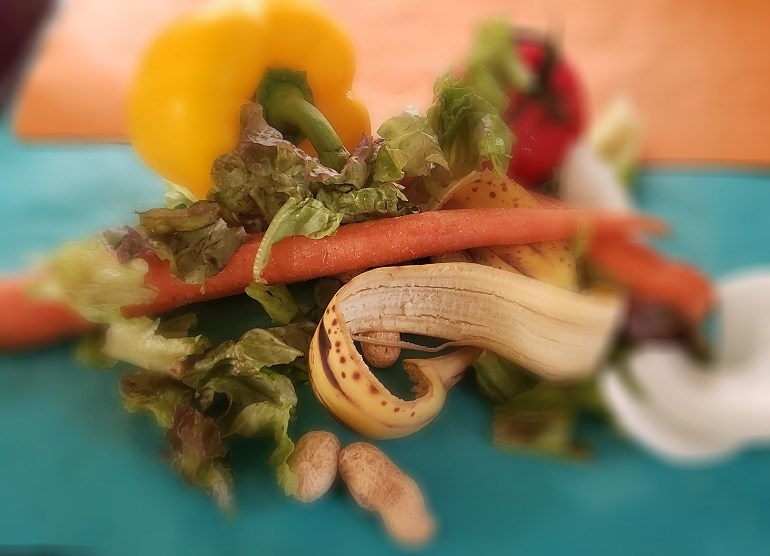MANITOUWADGE -- The Township of Manitouwadge is considering entering into a pilot project with FoodCycle Science and wants your input.
The Township of Manitouwadge is considering a partnership with FoodCycle Science, a Canadian appliance supply company, to conduct a pilot program by offering a FoodCylerTM counter-top composting appliance at a reduced rate to the first 50 households that apply to participate.
The FoodCycle program would see a limited number of composting appliances made available for purchase at a reduced price. These units normally sell for $500, but with a number of grants, including a proposed municipal grant, the price will be reduced to $300. In exchange for this subsidized price, the company would require the participant to track the number of cycles over a 12-week period and fill out an exit survey, providing a review of the program which will help to evaluate the program’s success.
A survey, available on the Township’s My Manitouwadge website, will help to determine whether the program should be adopted. It seeks to glean the community’s knowledge of the product, including what can or cannot be composted, the willingness to correctly use the composter, how you would use the composted material, the level of interest, and the price people are willing to pay for the appliance, as well as the added costs, such as filters and extended warranties. When council is ready to contemplate whether or not to move forward with the FoodCylerTM pilot program, all the community-provided feedback will be taken into consideration.
Although there are many ways to compost organic matter, the FoodCycle composter, about the size of a bread maker, can compost one kilogram of food in as little as four hours. The unit ‘cooks’ organic material, creating a low-moisture, efficient material that can be used to nourish vegetable or flower gardens, or, when discarded, simply cuts down on the amount of waste going to the landfill. The dehydration process also helps to deter bears, birds and other wildlife.
In this day and age of global environmental disruption, composting can be a small contribution toward the prevention of greenhouse emissions, as it reduces the production of toxic gases. Anaerobic composting, the dumping of organic waste in open air landfill sites, can create methene; a toxic substance which is 25 times more harmful to the Earth’s atmosphere than CO2. The emissions from one tonne of food waste are equivalent to one car on the road for one year. When organic material is composted in a product such as the FoodCycle composter, these greenhouse emissions are significantly diminished.
Approximately 25-50 pe cent of household garbage is organic waste. The cost of hauling and disposing of this organic waste is a major cost to the municipality. By removing the food waste from the weekly pickups, the volume can be reduced by up to 50 per cent, and there may be less frequent collections, resulting in fewer trips to the dump; a further reduction in toxic emissions. It is estimated that every FoodCycler can divert at least two tonnes of waste in its lifetime.
What are your thoughts? Get more information on Manitouwadge’s FoodCycle Science pilot program and fill out the survey on the My Manitouwadge website page.
